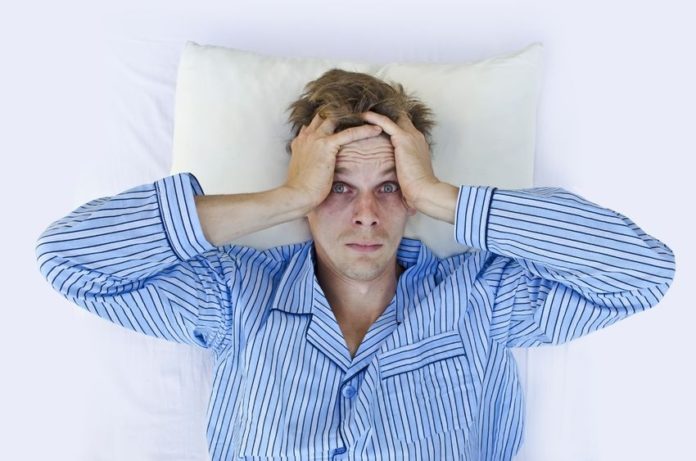New Delhi (NVI): can increase the risk of Alzheimer’s disease and other health issues including diabetes, depression and heart disease and is known to impact life expectancy, a study said.
According to the World Economic Forum report based on a recent study from Boston University researchers “our bodies use the non-REM (rapid eye movement) period of sleep – deep and dreamless – to wash our brain of toxins”.
By monitoring sleeping patients, scientists were able to show that during non-REM sleep neurons in the brain synchronize, firing on and off together at the same time.
When all the neurons are momentarily quiet, they need less oxygen, so less blood flows to the brain.
At that point, cerebrospinal fluid – a clear liquid which surrounds the brain – floods into the space left.
These waves of fluid help purge the brain of potentially toxic chemical byproducts.
This cerebrospinal fluid washing doesn’t occur when we are awake because our neurons are constantly firing and don’t synchronize in the same way.
The study also throws up other possibilities, including new potential research avenues for Alzheimer’s treatments.
The washing effect of the cerebrospinal fluid could also help clear away molecules associated with the disease.
This more general flush-out could have broader benefits than the current drugs being researched, which tend to focus on eliminating the effects of particular molecules.
UC Berkeley neuroscientist professor Matthew Walker argues increasing numbers of us are sleep-deprived and society does not pay enough attention to the problems this creates.
The US Centers for Disease Control and Prevention has declared insufficient sleep a public health problem, with a third of Americans saying they slept for less than six hours a night.
A 2017 study which attempted to quantify the economic impact of our sleepless society found a worker sleeping less than six hours a night loses around six working days a year to absenteeism or presenteeism when compared with a worker getting seven to nine hours a night.
Other studies suggest developed countries lose about 2 per cent of GDP through lack of sleep.








